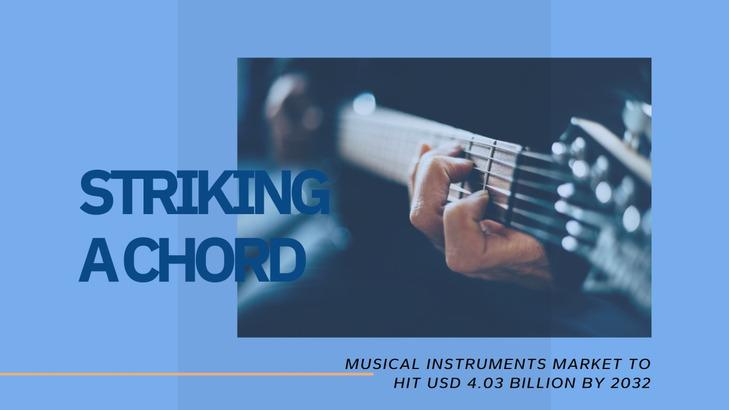Market Overview
In 2023, Music Recordings Market was projected to be valued at 25.93 billion USD. It is projected that the music recording market will increase from 27.14 (USD billion) in 2024 to 39.1 (USD billion) in 2032. Over the projection period (2024 - 2032), the music recording market is estimated to develop at a compound annual growth rate (CAGR) of about 4.67%.
Key Market Trends
Rise of Streaming Services The proliferation of streaming platforms like Spotify, Apple Music, and Amazon Music has revolutionized the way music is consumed. These services offer vast libraries of music accessible from anywhere, driving the demand for high-quality recordings.
Technological Advancements Innovations in recording technology, such as digital audio workstations (DAWs), advanced microphones, and virtual instruments, have democratized music production. These tools allow artists and producers to create professional-grade recordings at a fraction of the traditional cost.
Shift to Independent Artists There is a notable shift towards independent artists and labels, empowered by digital distribution channels. This trend is reshaping the market dynamics, with more artists bypassing traditional record deals to retain creative control and a larger share of revenue.
Increased Investment in High-Resolution Audio With the growing consumer demand for superior sound quality, there is a significant investment in high-resolution audio formats. This trend is pushing recording studios to upgrade their equipment and adopt new technologies to meet the high standards of audio enthusiasts.
Market Drivers
Growing Consumer Demand The increasing global population of music listeners, coupled with the rising disposable incomes, is boosting the demand for music recordings. Consumers are willing to pay for high-quality, diverse music experiences, driving market growth.
Expansion of Digital Platforms The expansion of digital platforms, including streaming services, social media, and online music stores, is facilitating wider distribution and monetization of music. These platforms are crucial for reaching global audiences and generating revenue through subscriptions, ads, and direct sales.
Technological Innovation Continuous advancements in recording and production technologies are enabling more efficient and cost-effective music production. This innovation is crucial for the market's growth, allowing for high-quality recordings that meet consumer expectations.
Challenges
Piracy and Copyright Infringement One of the major challenges facing the music recording market is piracy and copyright infringement. Despite advances in digital rights management (DRM) technologies, unauthorized distribution of music remains a significant issue, impacting revenue.
Competition from Free Content The availability of free content on platforms like YouTube poses a challenge for the music recording market. While these platforms provide exposure, they also make it difficult for artists and labels to monetize their work effectively.
High Production Costs Despite the availability of affordable recording tools, producing high-quality music recordings still involves significant costs. These include expenses for studio time, professional equipment, and skilled personnel, which can be a barrier for emerging artists.
Key Companies in The Music Recording Market Include:
Universal Music Group, Sony Music Entertainment, Warner Music Group, Believe Digital, BMG Rights Management, Merlin Network, Kobalt Music Group, Downtown Music Holdings, Concord Music Group, Reservoir Media Management, Spirit Music Group, Primary Wave Music Publishing, Hipgnosis Songs Fund, Round Hill Music.
Future Outlook
The music recording market is expected to continue its robust growth trajectory, driven by technological advancements and changing consumer preferences. The increasing adoption of artificial intelligence (AI) and machine learning (ML) in music production and distribution is anticipated to further revolutionize the industry. These technologies offer new possibilities for music creation, personalization, and marketing, opening up new revenue streams and enhancing the overall music experience for consumers.
Table of Contents:
Section I: Industry Overview
Section II: Scoping, Methodology and Market Structure
Section Iii: Qualitative Analysis
Section IV: Quantitative Analysis
Section V: Competitive Analysis

